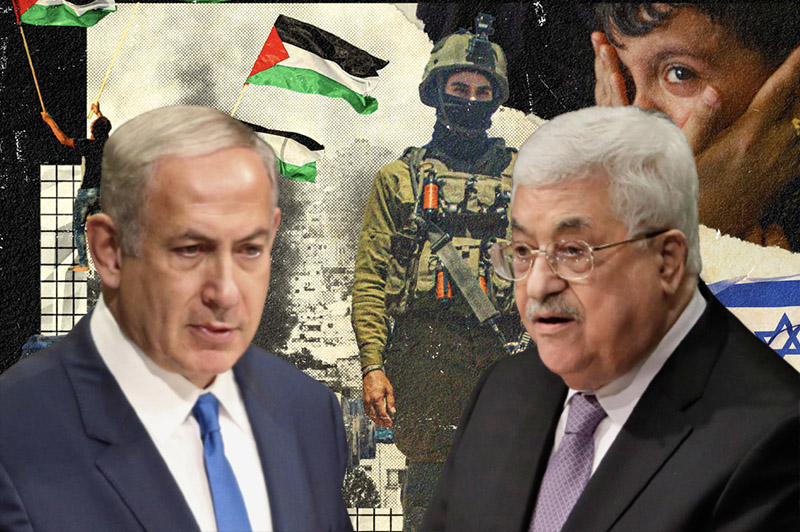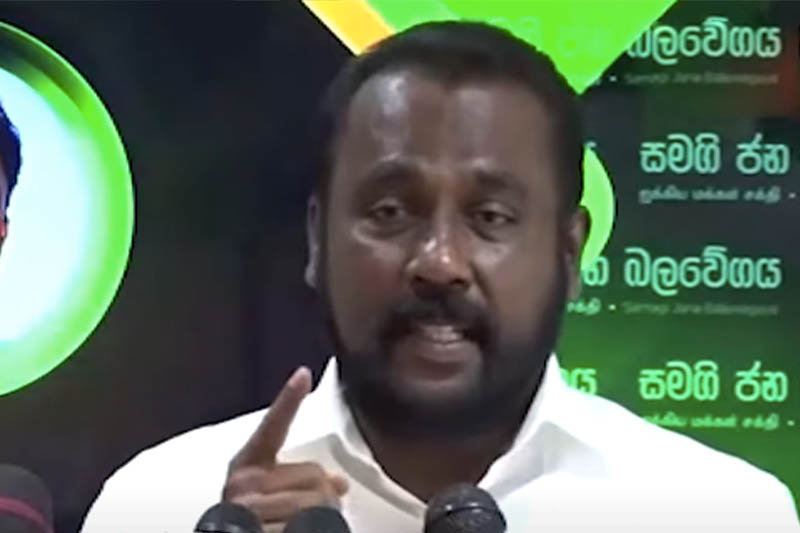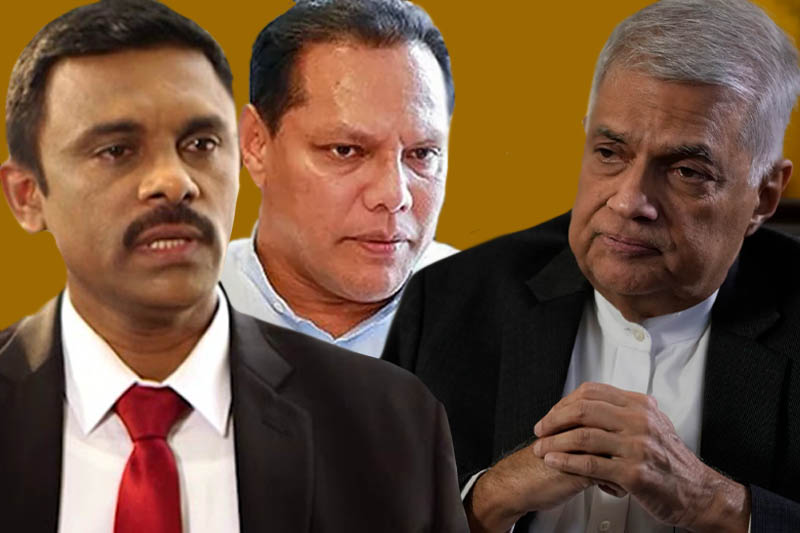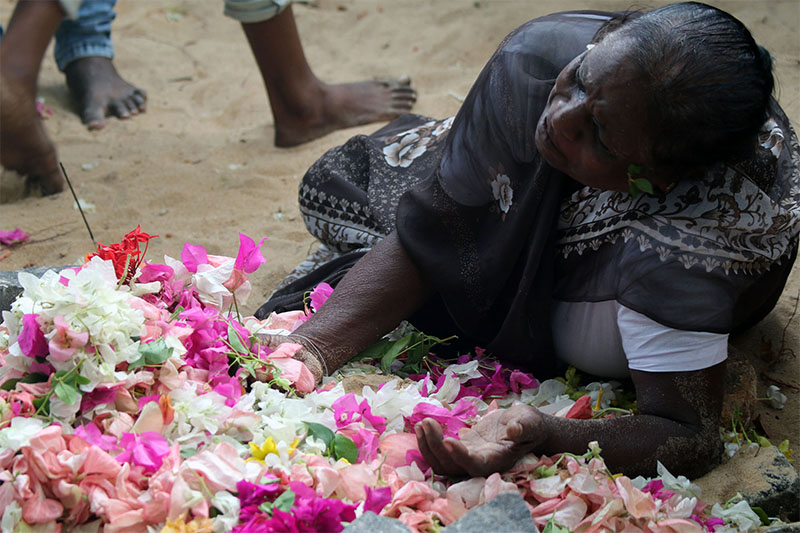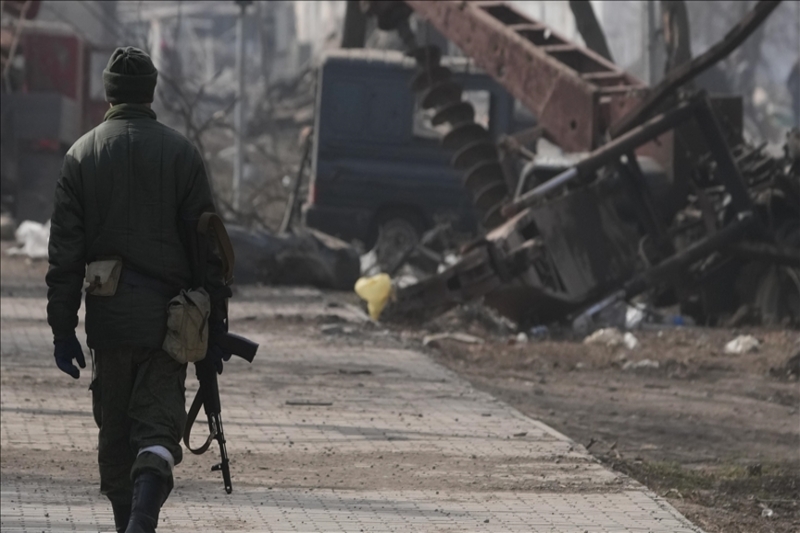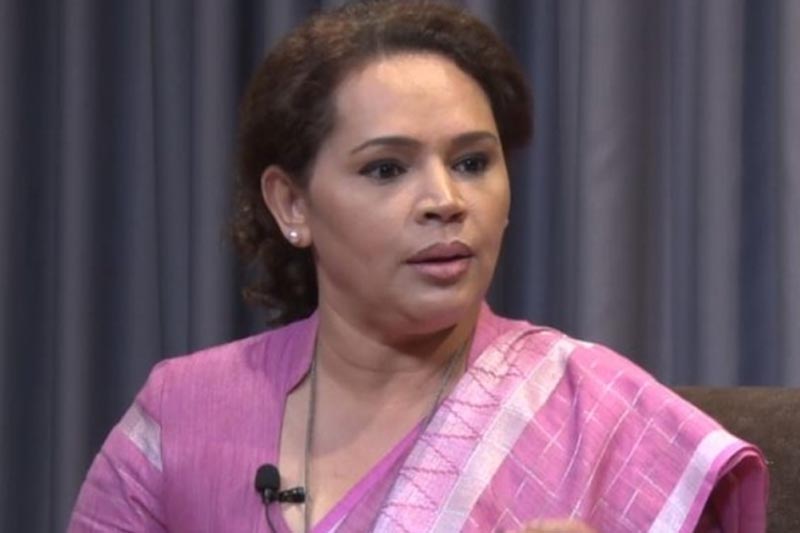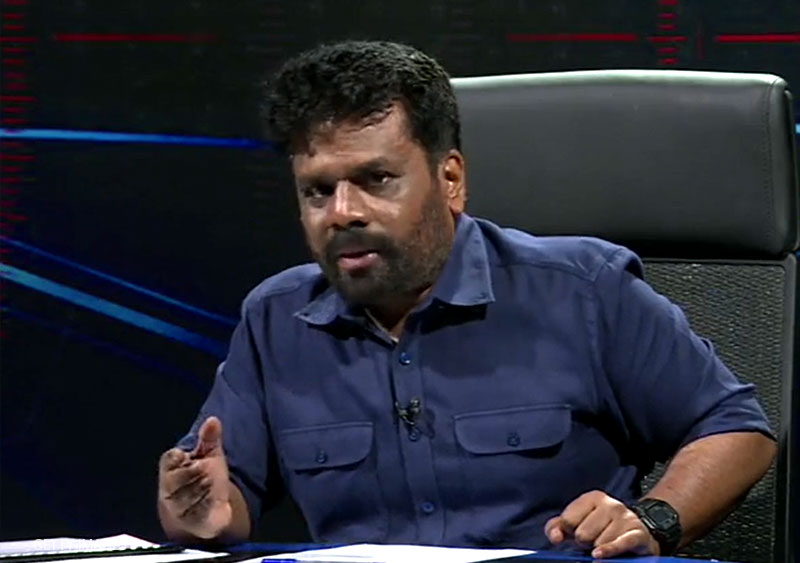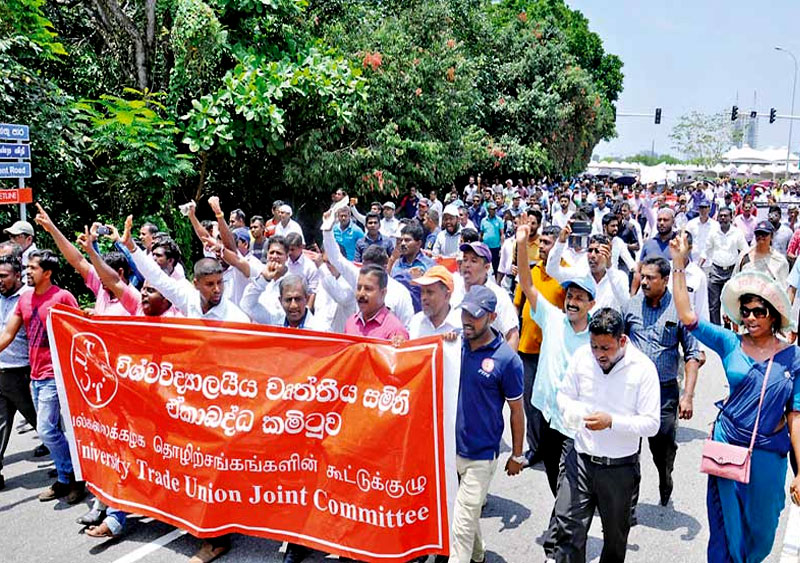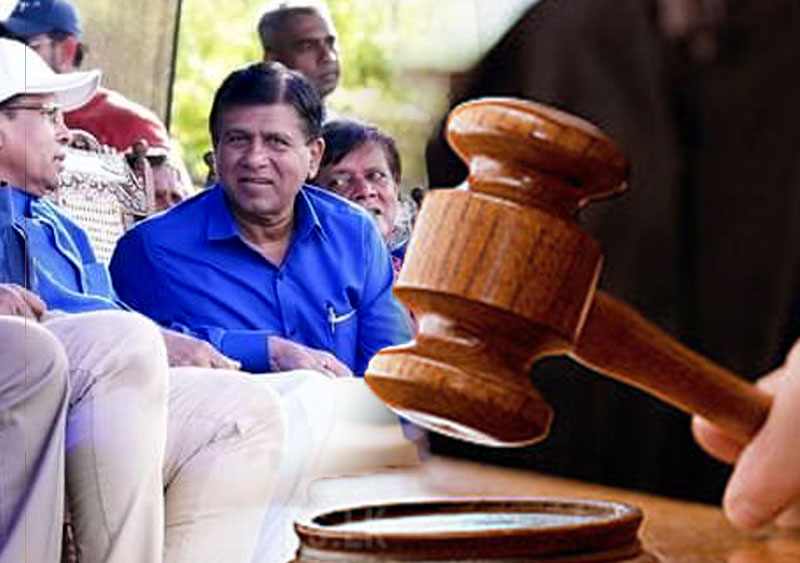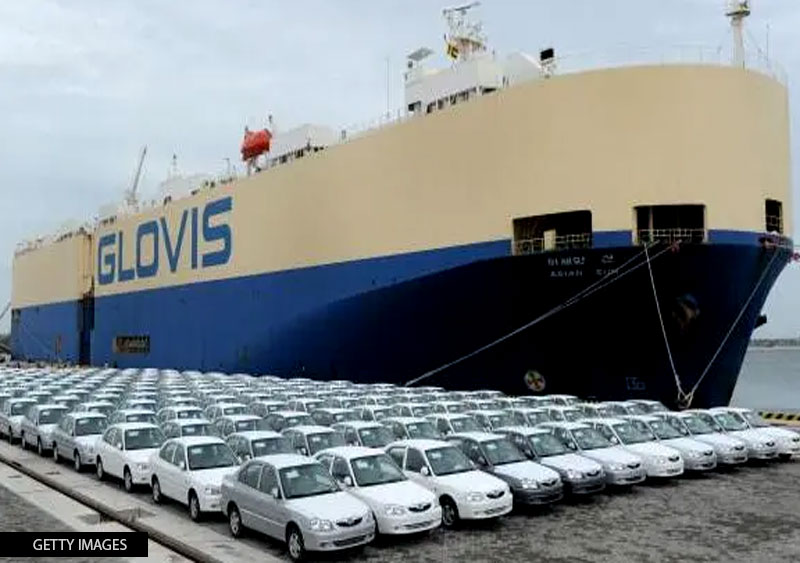By Aryan D.M.
The Israeli-Palestinian conflict is an enduring crisis that has cast a long shadow over the Middle East and beyond. In this comprehensive analysis, we will delve deep into its multifaceted implications, considering recent developments and providing in-depth insights.
From the recent exchange of hostilities to the complex world of geopolitics, we aim to unravel a crisis that continues to shape alliances, test diplomacy, and challenge peace initiatives.
The Recent Escalation: A Shockwave Felt Worldwide
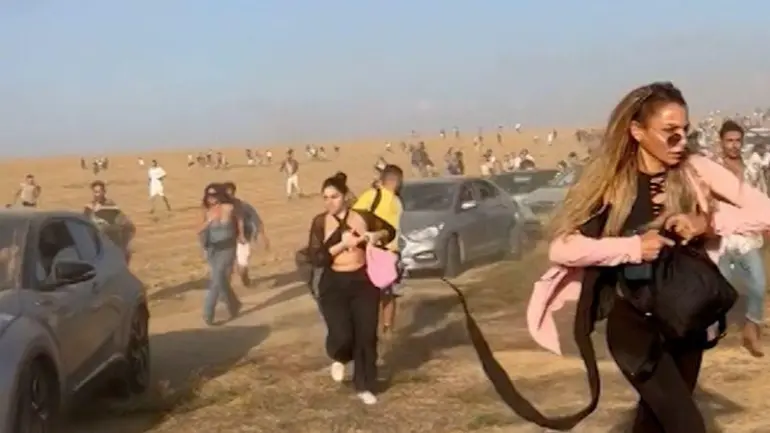
People run as the clashes between Palestinian groups and Israeli forces continue in Gaza City, Gaza on October 7, 2023.
Mustafa Hassona/Anadolu Agency via Getty Images
The conflict took an unprecedented turn with a recent exchange of hostilities that sent shockwaves across the globe.
Palestinian gunmen orchestrated a meticulously planned multi-pronged attack on Israeli towns, resulting in a tragic toll of at least 250 Israeli lives lost and over 300 Palestinians killed in Israel's retaliatory bombardment.
This surge of violence transcended the borders of the Middle East, sparking international concern and widespread condemnation of the loss of civilian lives.
Hezbollah, an armed group backed by Iran, responded swiftly by launching guided rockets and artillery onto three posts in the Shebaa Farms, located near the Israeli-Lebanese border.
This action, proclaimed as an act of "solidarity" with the Palestinian people, heightened tensions between Israel and Lebanon.
The Israeli military promptly retaliated by firing artillery into the area from where the cross-border attack originated.
The exchange of fire between Israel and Hezbollah underscored the volatility of the region and brought global attention to a crisis that reverberates far beyond its epicenter.
Iran's Unwavering Support for Palestinian Militancy
Iran, a prominent player in the Middle East, openly expressed its unwavering support for Palestinian groups, particularly Hamas, following the attack on Israel.
Iranian foreign ministry spokesperson Nasser Kanani extended congratulations to Hamas, lauding it as an integral part of the ongoing "anti-Zionist resistance" across the region.
Iranian state television broadcasted parliament members chanting "Death to Israel" and celebrating what they perceived as a resounding response to Israel's occupation.
This overt support highlights Iran's enduring connections with Palestinian factions and its commitment to challenging Israel's existence.
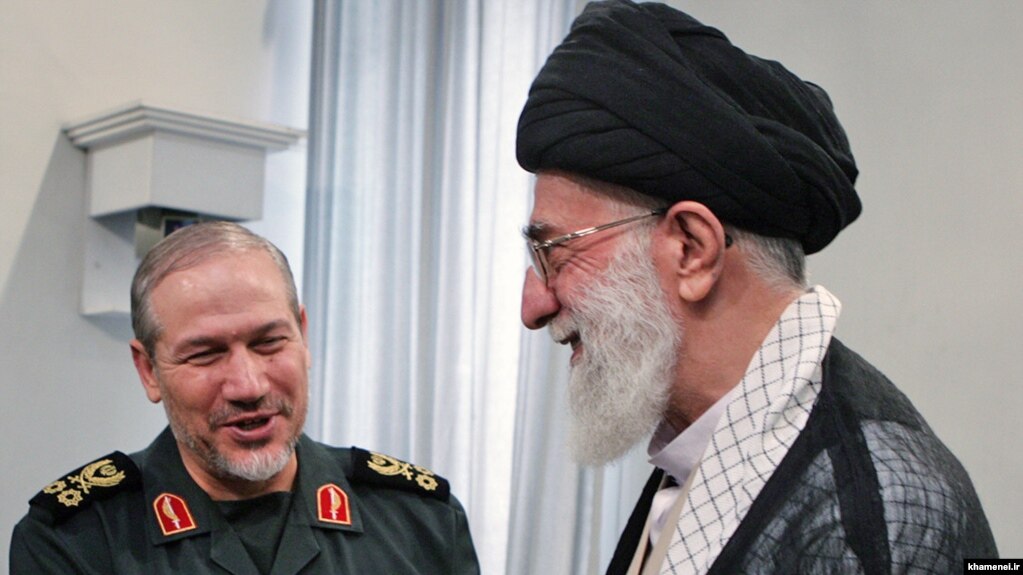
Government-backed Tasnim News Agency reported that Major General Yahya Rahim Safavi (L), a top military adviser to Supreme Leader Ayatollah Ali Khamenei, pledged Iranian support to the Hamas operation against Israel.
Furthermore, top Iranian officials, including a military adviser to Supreme Leader Ayatollah Ali Khamenei, Major General Yahya Rahim Safavi, pledged Iran's unwavering backing for Hamas.
In a region marked by intricate geopolitical rivalries, Iran's support for Palestinian militants adds another layer of complexity to the Israeli-Palestinian conflict.
It further strains relations between Iran and Israel, affecting not only regional stability but also global politics.
Russia's Geopolitical Maneuvers: Exploiting the Israeli-Palestinian Crisis
In a move that underscores the interconnected nature of global conflicts, Russia seized the opportunity presented by the Hamas attacks in Israel to advance its geopolitical agenda.
The Kremlin amplified several information operations, predominantly placing blame on the West for neglecting conflicts in the Middle East in favor of supporting Ukraine.
This narrative, whether accurate or not, sought to divert Western attention away from Ukraine and towards the Middle East. Russia framed this diversion as a zero-sum game, implying that international focus on the Middle East would overshadow the situation in Ukraine.
Former Russian President Dmitry Medvedev, now the deputy chairman of Russia's Security Council, asserted that clashes between Hamas and Israel should be the concern of the West.
He criticized Western interference in the Palestinian-Israeli conflict and accused Western nations of aiding neo-Nazi groups.
This rhetoric aimed to sow discord among Western allies and detract from efforts to address the crisis in Ukraine.
Russian propagandist Sergei Mardan went further, expressing the belief that Russia would benefit from the Israeli-Palestinian violence.
He suggested that the world would temporarily shift its attention away from Ukraine, allowing Russia to focus on its objectives in the Middle East.
This exploitation of global crises to further Russia's interests reflects the intricate game of international politics and the enduring impact of the Israeli-Palestinian conflict.
A Chronological Overview of the Recent Conflict: Unraveling a Crisis
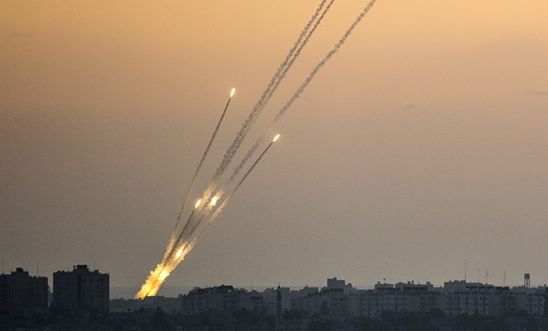
Rockets being fired from the Gaza strip into Israel | Jack Guez/AFP/Getty Images
To gain a more profound understanding of the recent developments in the Israeli-Palestinian conflict, it is imperative to provide a comprehensive chronological breakdown of the events:
- Pre-Conflict Phase: Tensions Escalate:
Leading up to the recent escalation, tensions between Israeli forces and Palestinian groups, particularly Hamas, had been simmering. Provocative actions, such as incursions into Al-Aqsa Mosque and disputes over land rights in East Jerusalem, fueled discontent and unrest.
- Surprise Attack by Hamas:
The conflict's flashpoint occurred when Hamas launched a surprise attack on Israel, marking a departure from previous tactics. The attack, combining gunmen breaching security barriers and a barrage of rockets fired from Gaza, unfolded during the Jewish holiday of Simchat Torah.
- Rocket Barrage:
In the early hours of the attack, Hamas fired a massive barrage of rockets into southern Israel, with sirens blaring as far away as Tel Aviv and Beersheba. The scale of the rocket assault was unprecedented, with Hamas claiming to have launched 5,000 rockets initially, while Israel's military estimated 2,500 rockets fired. The attack resulted in civilian casualties and widespread panic in Israeli towns.
- Dawn Infiltration:
As the rocket attack raged on, Palestinian gunmen utilized it as cover for an unprecedented infiltration into Israel. These fighters entered through breaches in security barriers separating Gaza and Israel. Aerial footage captured at least one Hamas soldier flying over in a powered parachute, and a motorboat carrying fighters was spotted heading towards an Israeli coastal town.
- Israeli Response:
In response to the attack, Israel initiated airstrikes within Gaza, declaring a state of war with Hamas. The Israeli Prime Minister vowed to impose an unparalleled cost on the militant group for their actions.
- Fighting at Military Installations:
Palestinian fighters successfully penetrated at least three military installations along the border, including the Beit Hanoun border crossing, the Zikim base, and the Gaza division headquarters at Reim. Videos and reports depicted fierce clashes between Palestinian fighters and Israeli forces.
- Raids on Israeli Towns:
Fighters from Palestinian groups, including Hamas, raided Israeli towns such as Sderot, Be’eri, and Ofakim, leading to fortified homes and panic among Israeli residents.
- Casualties and Captives:
The conflict inflicted significant casualties on both sides, with Israel's national rescue service reporting at least 100 people killed and hundreds wounded. In Gaza, medical sources indicated that at least 198 Palestinians were killed due to Israeli air raids. Additionally, Palestinian groups reportedly seized hostages, including Israeli soldiers.
- Continuing Violence:
As the conflict raged on, Israeli air attacks persisted, accompanied by ongoing rocket fire into southern Israel. Israeli troops engaged Hamas gunmen in multiple locations near the Gaza Strip, highlighting the extensive scope of the assault.
While the recent events have amplified tensions in the Israeli-Palestinian conflict, it is imperative to explore possible paths for its resolution. Below, we present four future scenarios that offer insights into the potential trajectories of this protracted conflict.
Future Scenarios for the Israeli-Palestinian Conflict
Here are the four future scenarios for the Israeli-Palestinian conflict.
Scenario 1 - Escalation and Ongoing Conflict:
In this scenario, the cycle of violence and escalation continues. Peace negotiations remain elusive, and regional powers get drawn into the conflict. The situation further destabilizes the Middle East, leading to increased global tensions and a realignment of alliances. The global community struggles to find effective diplomatic solutions.
Scenario 2 - International Mediation and Diplomatic Resolution:
A second scenario envisions a successful international mediation effort. Skilled mediators, supported by the United Nations and key global players, facilitate constructive dialogue between Israelis and Palestinians. Confidence-building measures, humanitarian aid, and prisoner exchanges help rebuild trust. A comprehensive peace agreement is reached, paving the way for a two-state solution.
Scenario 3 - Shift in Regional Dynamics:
This scenario foresees a significant shift in regional dynamics. Regional powers like Saudi Arabia, Egypt, and Turkey play a more active role in mediating the conflict. They work together to promote stability and economic development in the region. This collaborative effort reduces the influence of external actors and leads to a gradual de-escalation of the conflict.
Scenario 4 - Escalation with International Intervention:
The final scenario anticipates a dangerous escalation followed by significant international intervention. A major crisis prompts global powers, including the United States, Russia, and the European Union, to intervene decisively. They enforce a ceasefire, establish a multinational peacekeeping force, and oversee a transitional period towards a lasting solution. While fraught with challenges, this intervention brings about a temporary calm and sets the stage for more substantial negotiations.
Conclusion
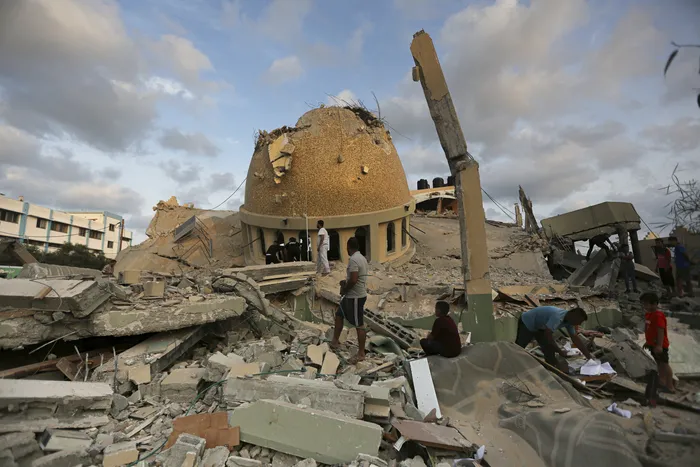
People stand outside a mosque destroyed in an Israeli air strike in Khan Younis, Gaza Strip. The Hamas militants broke out of the blockaded Gaza Strip and rampaged through nearby Israeli communities, taking captives, while Israel's retaliation strikes leveled buildings in Gaza. Yousef Masoud / AP
The Israeli-Palestinian conflict remains a dynamic and ever-evolving crisis with far-reaching implications. The recent escalation, marked by unprecedented tactics and a surge of violence, has intensified global concerns.
Iran's unwavering support for Palestinian groups, Russia's geopolitical maneuvering, and the intricate chronology of recent events underscore the intricacies of this longstanding dispute.
As international stakeholders grapple with the challenge of addressing the Israeli-Palestinian conflict, the need for diplomacy, mediation, and lasting solutions becomes increasingly evident.
The global community's role in seeking an end to this protracted conflict is not merely a moral imperative but a necessity for regional stability and global peace.
The Israeli-Palestinian conflict, with all its complexities and consequences, reminds us that peace remains an elusive yet indispensable goal.

